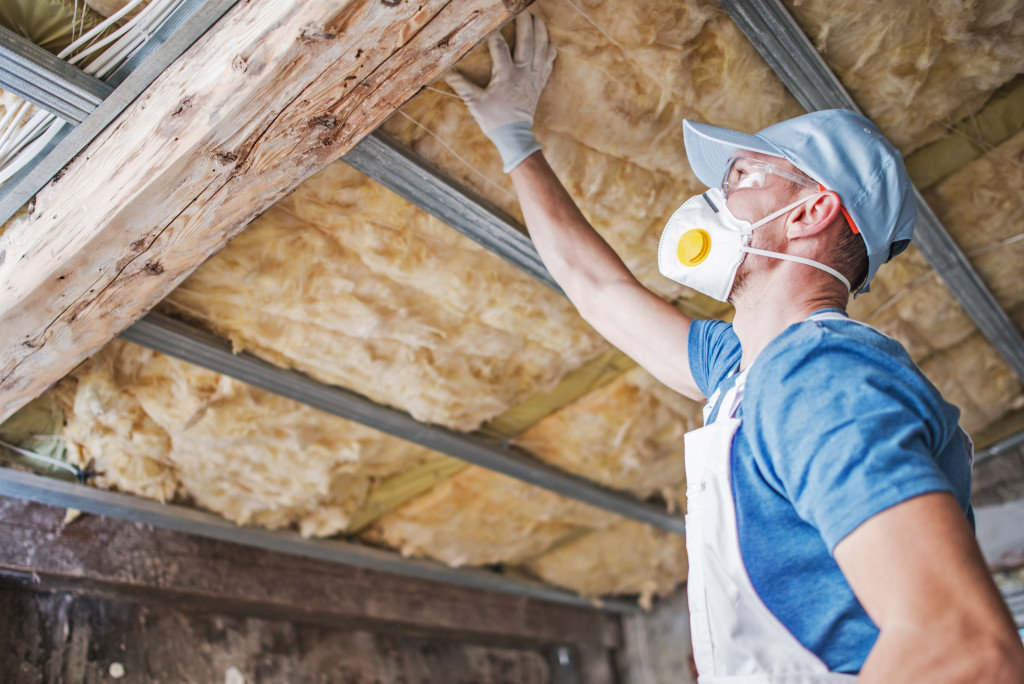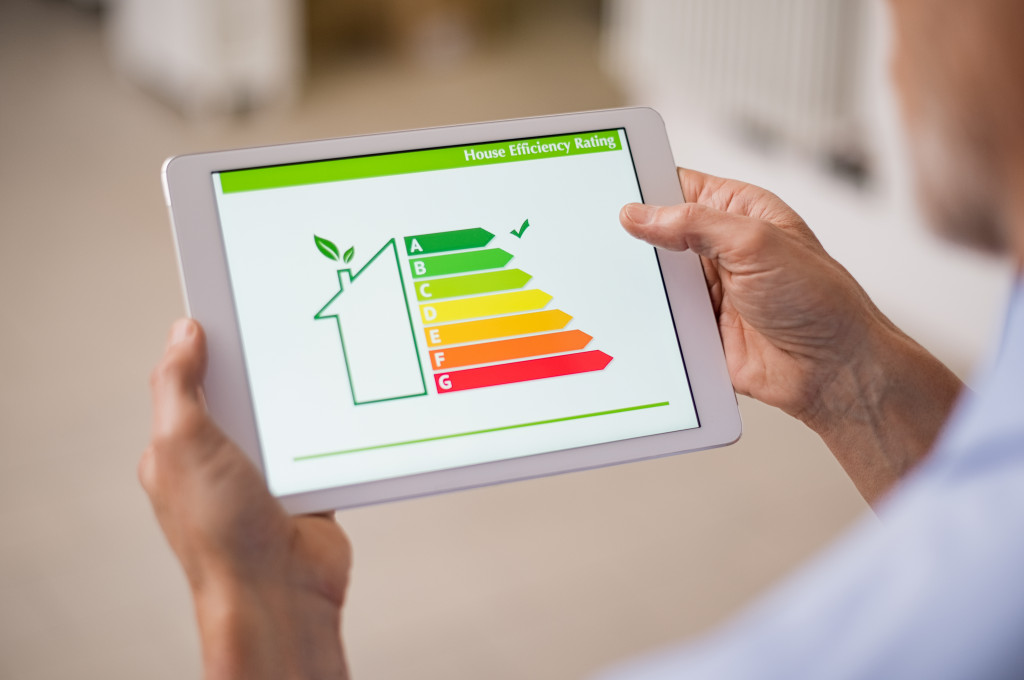With the winter months upon us, many of us are looking for ways to cut down on our energy bills. One way to do this is by investing in an energy-efficient home. But how can you tell if a house is energy-efficient? Not every home will have the same efficiency rating, so it’s essential to do your research and be aware of certain elements that can help you determine if a home is truly energy-efficient or not.
Here are a few tips to help you identify if a house is energy-efficient:
The Age of the Home
One of the first things you’ll want to consider is the age of the home. Generally speaking, newer homes will be more energy-efficient than older ones. This is because newer homes are built to stricter building codes that require a higher level of energy efficiency. Additionally, newer homes tend to have more energy-efficient appliances and windows. Builders may have remodeled some older homes to add better insulation and more energy-efficient features, so it is essential to look into the home’s history before deciding.
Generally, you want to buy a house built after 2002 (or whatever the most recent building codes are in your area) to ensure that it meets current energy efficiency standards. If you purchase an older home, there are usually several options for making it more energy-efficient. You want to look into the home’s insulation, windows, and appliances to ensure they are all up-to-date. If not, you can always invest in energy-efficient upgrades to improve the home’s overall efficiency.
The Materials Used to Build the Home
Of course, the materials used to build the home can also help you determine whether it is energy-efficient or not. For instance, a home constructed with asphalt roofing will be less energy-efficient than one with durable metal roofing. This is because metal roofs can reflect up to 90% of the sun’s heat, helping to keep the home cool in the summer and warm in the winter. They are also more resistant to wind, hail, and other weather-related damage.
Additionally, you want to look into the type of insulation used in the home and its R-value, which measures its resistance to heat. The higher it is, the better insulated the house is and the less energy it will use to maintain a comfortable temperature. It would be best if you also looked for windows with double- or triple-paned glass, which traps more heat and makes the home more energy-efficient. These windows are often labeled with a “U-factor” number, which measures the amount of heat that flows through them.

The Size of the Home
The home’s size will also be a factor in how energy-efficient it is. A smaller home will require less energy to heat and cool than a larger one. Therefore, if you’re looking for an energy-efficient home, you might want to consider something on the smaller side. While larger homes may be more spacious and comfortable, they will also be more expensive to heat and cool.
But make sure to look beyond the size of the home when considering its energy efficiency. The layout, orientation to the sun, and type of construction can all impact its energy efficiency. Smaller homes that are poorly insulated or face the wrong direction can still be inefficient. Always check for energy-efficient features before buying a home.
The Location of the Home
Another thing to keep in mind is the location of the home. If a home is located in an area that gets a lot of sunlight, it will be easier to keep warm in the winter months without relying on artificial heating sources. Similarly, if a home is in a cooler climate, it will be easier to keep cool in the summer months without air conditioning. Of course, you can’t control the location of a home, but it is something to consider when assessing its energy efficiency.
Ask the seller or real estate agent about the area’s climate and any other noteworthy features that might impact the home’s energy efficiency. It would help if you also did your own research to make sure you are making an informed decision. If you do your due diligence, you should be able to find an energy-efficient home that meets all of your needs.
When you’re on the hunt for an energy-efficient home, there are a few things you’ll want to keep in mind. These include the materials used to build the home, its size, and its location. Certain construction materials are also more energy-efficient than others. So make sure to look into all of these to ensure the home you’re buying will be easy to keep warm in the winter and cool in the summer.

